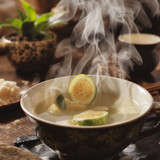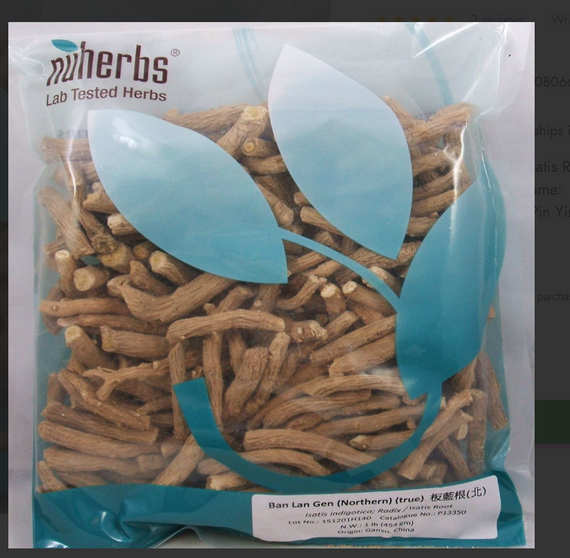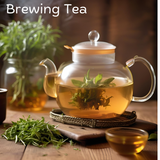Usage Tips
- Powder vs. Cut Herb: Use the same weight for powder as the crude herb; blend into water, tea, or congee.
- Start Low: If you’re new, begin at the lower end of each range and adjust gradually.
- Processing Matters: Some herbs (e.g., Ban Xia) must be prepared correctly before use.
- Timing: Take most tonic herbs after meals; bitter or astringent herbs on an empty stomach.
- Consultation: Always check with a TCM practitioner if you have underlying health conditions or take medications.
-
Cognitive Improvement in Mild Cognitive Impairment (MCI)
-
Study Design: In a randomized, double-blind, placebo-controlled trial (n = 50), adults aged 50–80 with MCI received 1,000 mg/day of a standardized Lion’s Mane extract or placebo for 16 weeks, followed by an 8-week washout.
-
Results: The extract group’s mean MMSE scores rose from 24.2 at baseline to 27.5 at week 16, a statistically significant improvement (p < 0.01). After stopping the supplement, scores declined back toward baseline—suggesting effects are tied to ongoing use.
-
Clinical Takeaway: Regular Lion’s Mane supplementation can measurably enhance cognitive function in early-stage memory impairment—validating its nootropic use in both traditional and modern contexts.
-
-
Nerve-Growth Factor Stimulation
-
Study Details: Researchers isolated hericenones from the fruiting bodies and erinacines from the mycelium of Hericium erinaceus, then applied them to cultured PC12 neuronal cells.
-
Findings: Both compound classes significantly increased NGF mRNA and protein expression—up to 1.8-fold for hericenones and 2.3-fold for erinacines compared to controls. This up-regulation translated into enhanced neurite outgrowth, indicating real potential for nerve repair and regeneration in vivo.
-
Implication: By boosting endogenous NGF, Lion’s Mane provides a biochemical foundation for its centuries-old reputation as a “brain tonic”—supporting everything from peripheral nerve repair to central cognitive resilience.
-
-
Immune Modulation Via Polysaccharides
-
Experimental Model: Mice fed a diet enriched with 1% Hericium erinaceus polysaccharide extract for four weeks were compared to controls on standard chow.
-
Key Outcomes: Treated mice showed a 35% increase in intestinal secretory IgA (SIgA), a 28% rise in splenic macrophage phagocytic index, and upregulated phosphorylation of MAPK and AKT pathway proteins in Peyer’s patch immune cells.
-
Relevance: These findings explain anecdotal reports of fewer colds and faster recoveries among long-term Lion’s Mane users—demonstrating balanced enhancement of both mucosal and systemic immunity.
-
-
Mood & Anxiety-Related Behavioral Effects
-
Animal Study: In a chronic stress model, rats received 100 mg/kg/day of Lion’s Mane extract for 21 days. Behavioral assays included the forced-swim test (for “despair” behaviors) and elevated plus maze (for anxiety).
-
Findings: Extract-treated rats spent 45% more time exploring open arms (reduced anxiety) and exhibited a 30% decrease in immobility time (indicative of antidepressant-like effects). Corticosterone (stress hormone) levels were also 20% lower than in controls.
-
Interpretation: These preclinical results suggest Lion’s Mane may modulate the HPA axis and neurotransmitter systems—offering a natural adjunct for mild anxiety and mood stabilization.
-


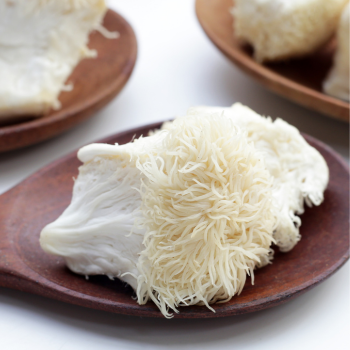 What Is Lion’s Mane Mushroom?
What Is Lion’s Mane Mushroom?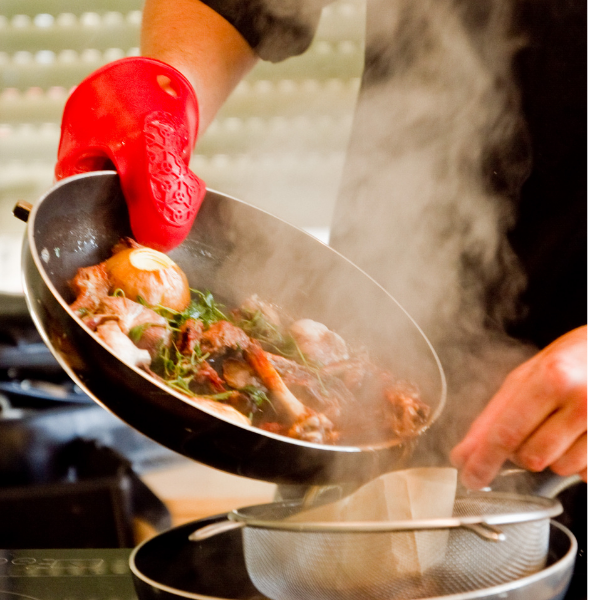 Culinary Uses & Simple Recipe
Culinary Uses & Simple Recipe
